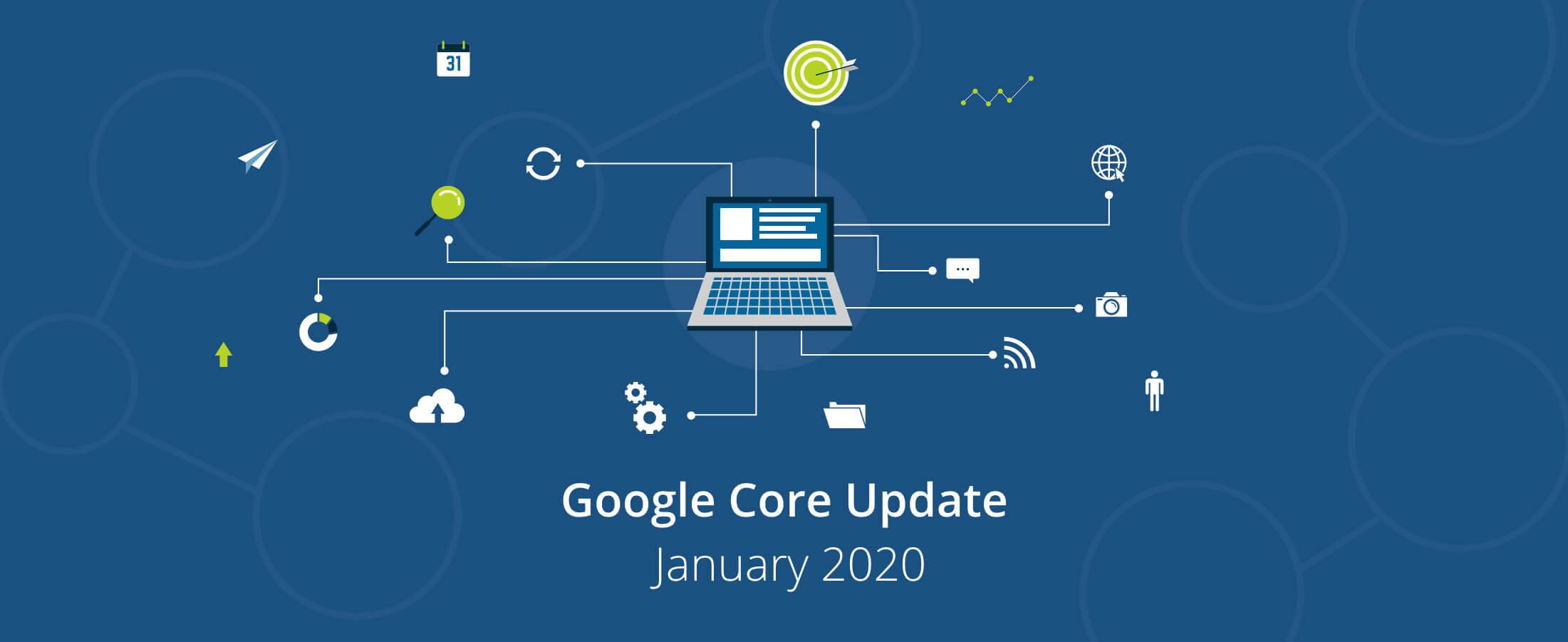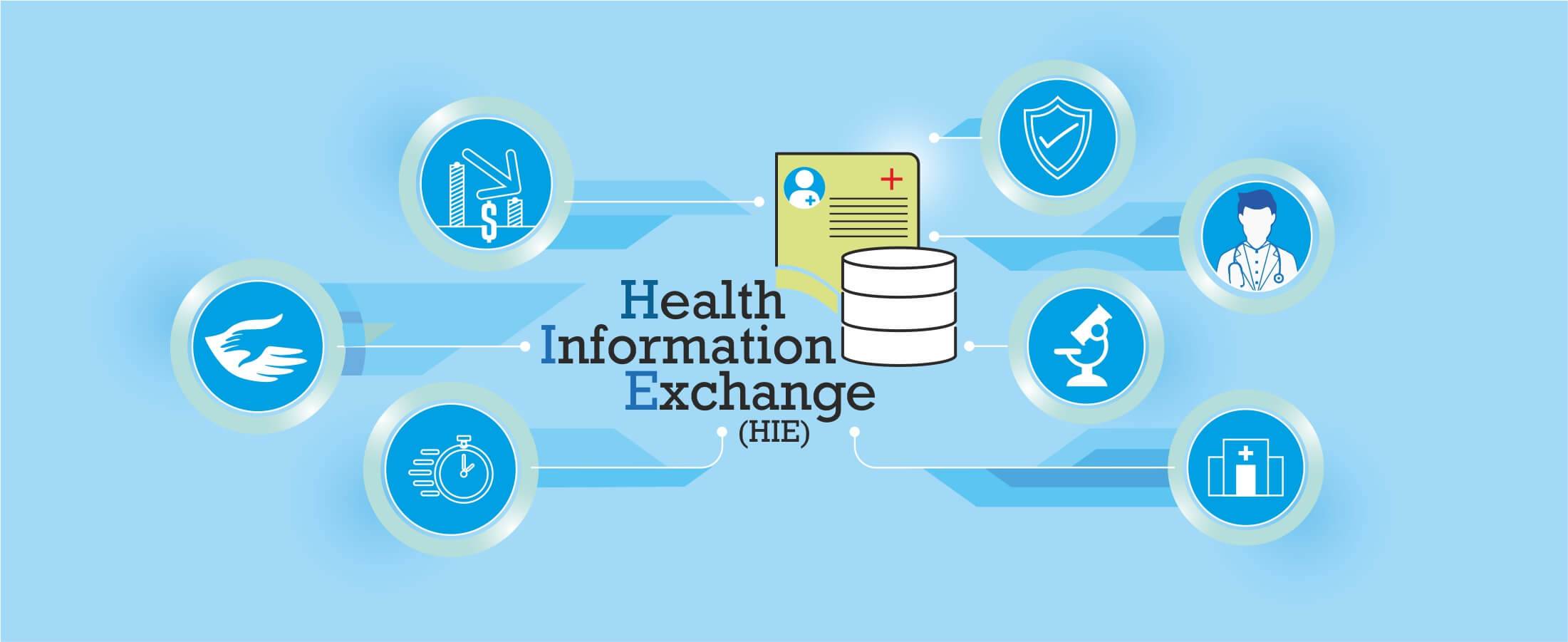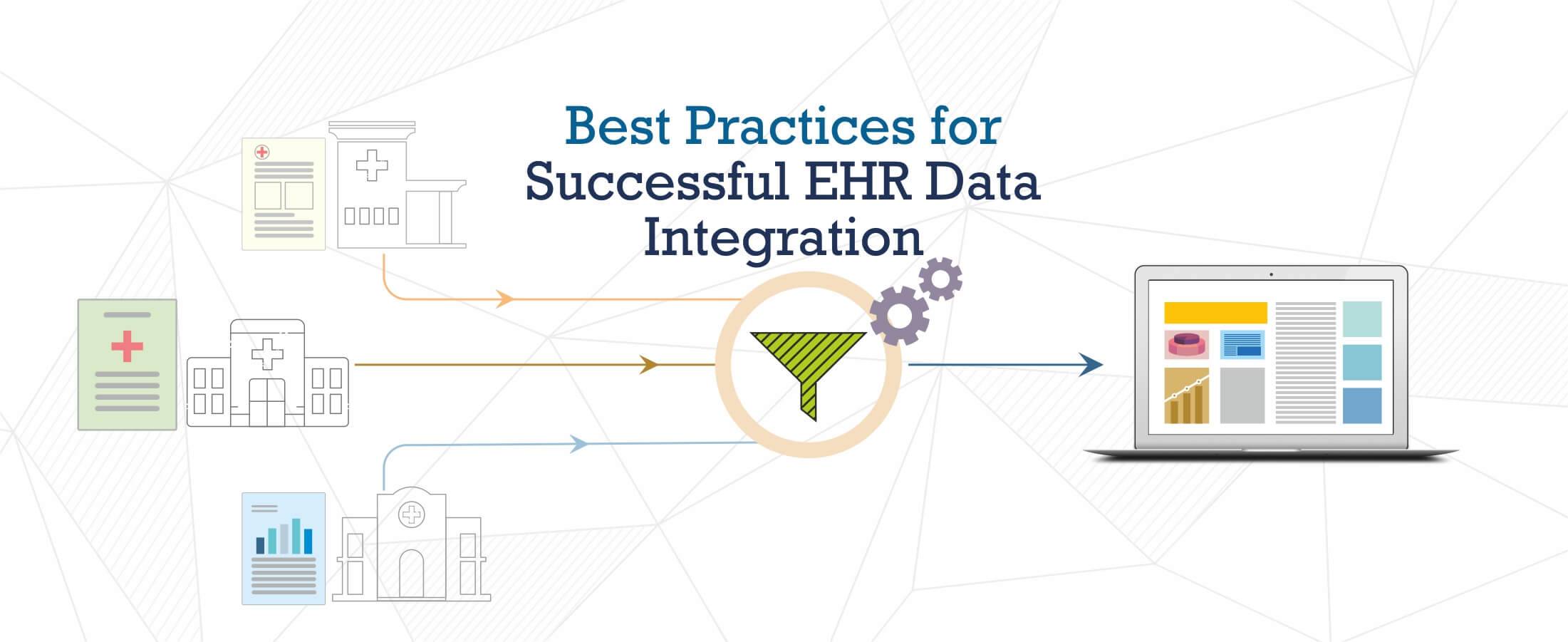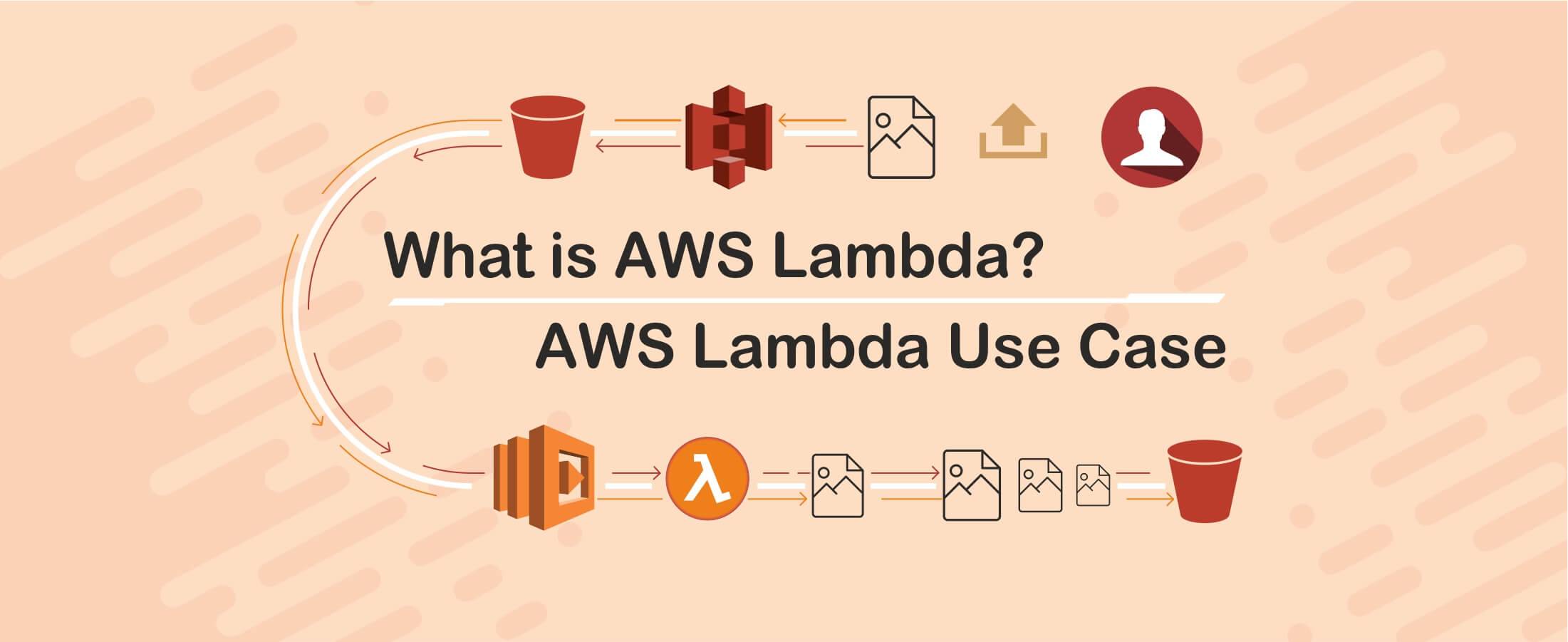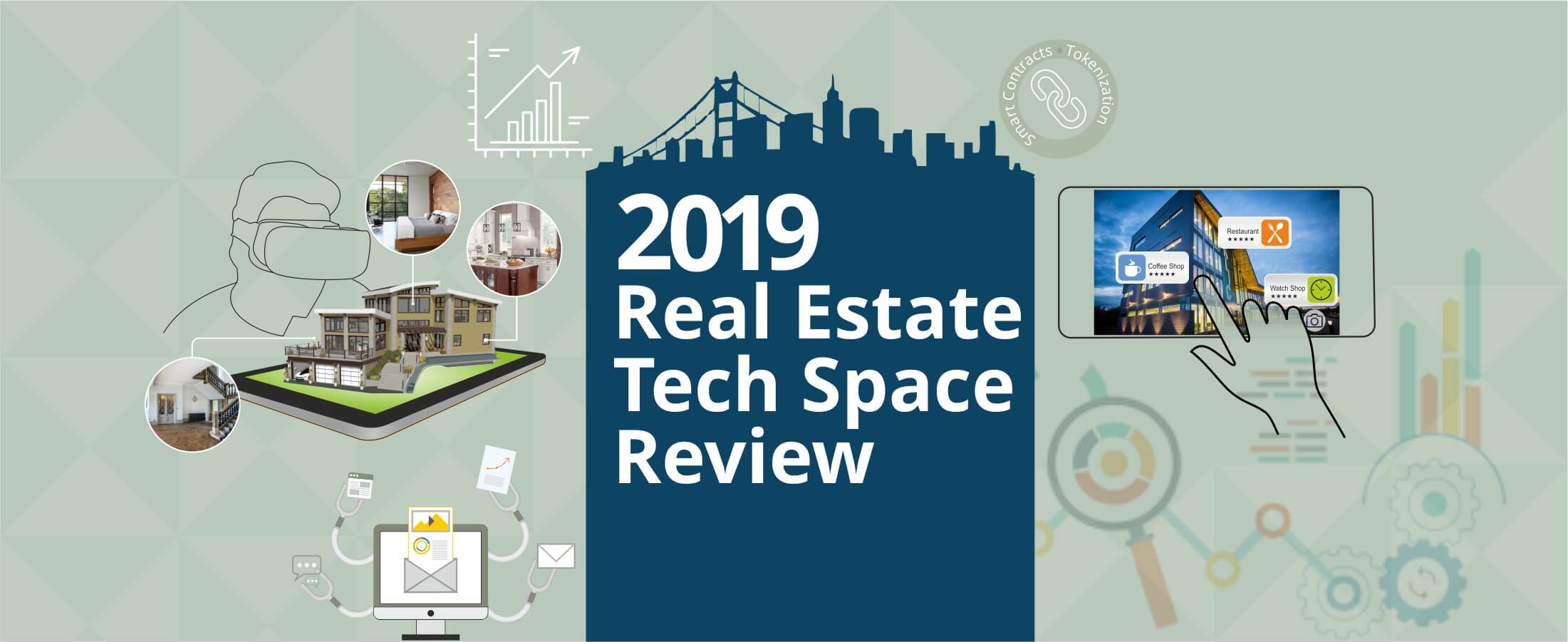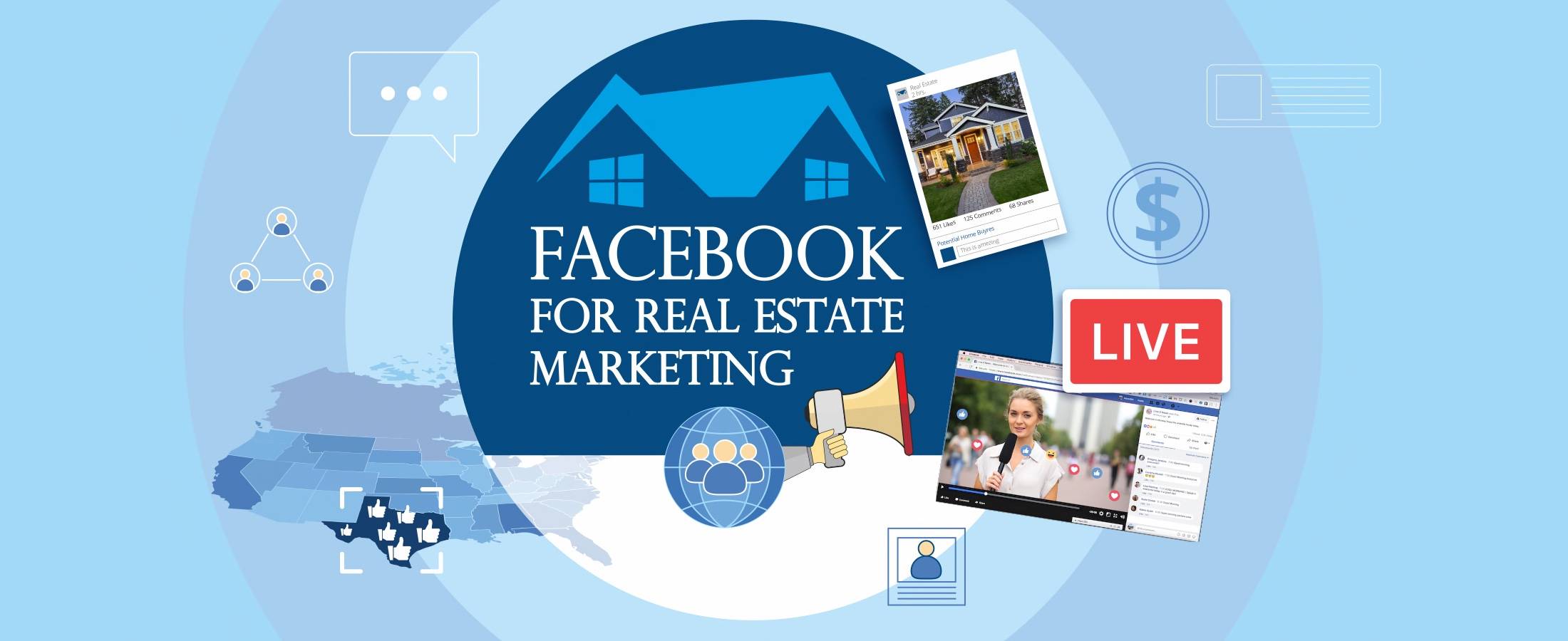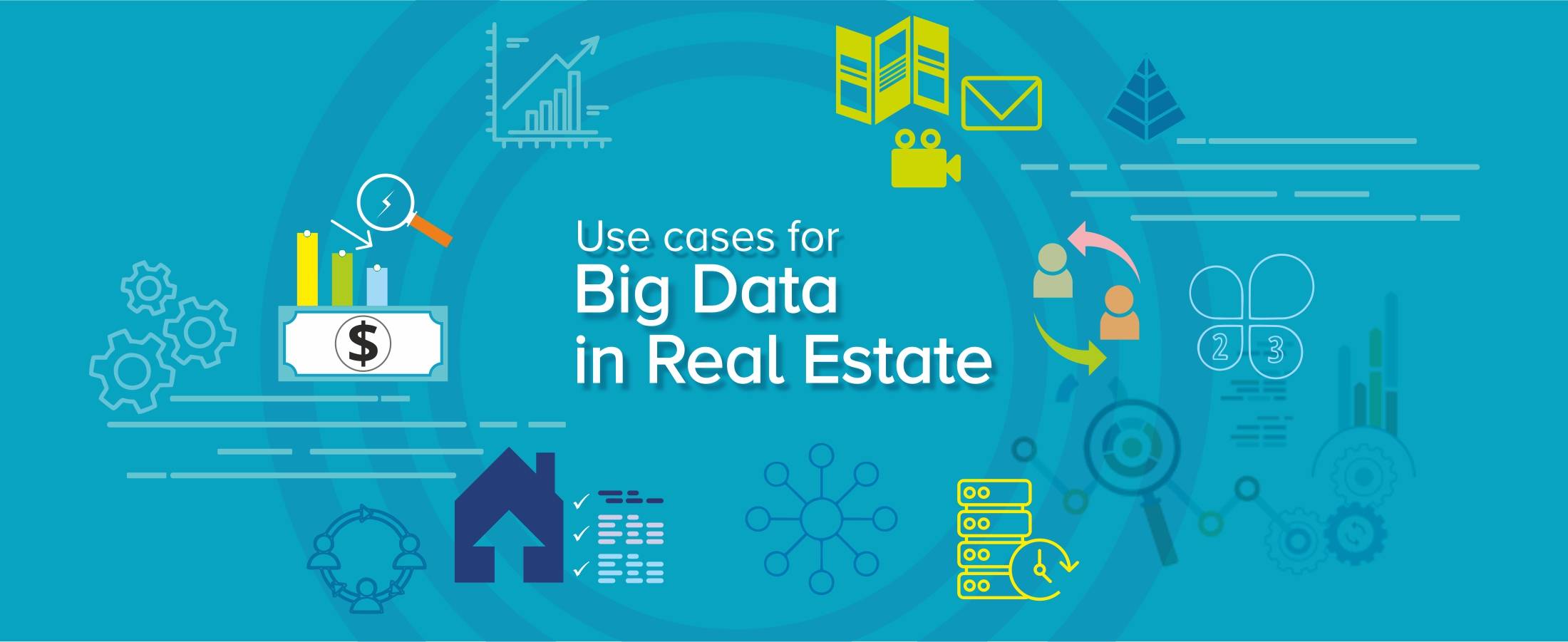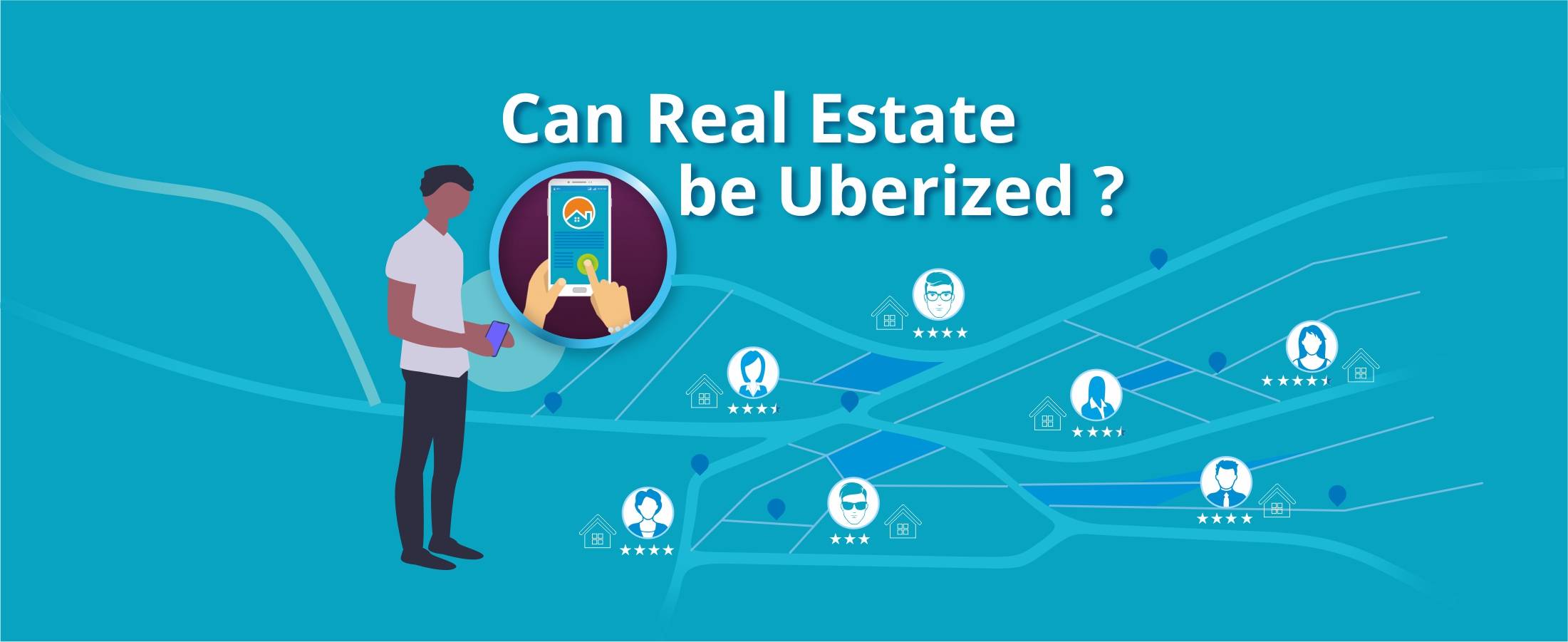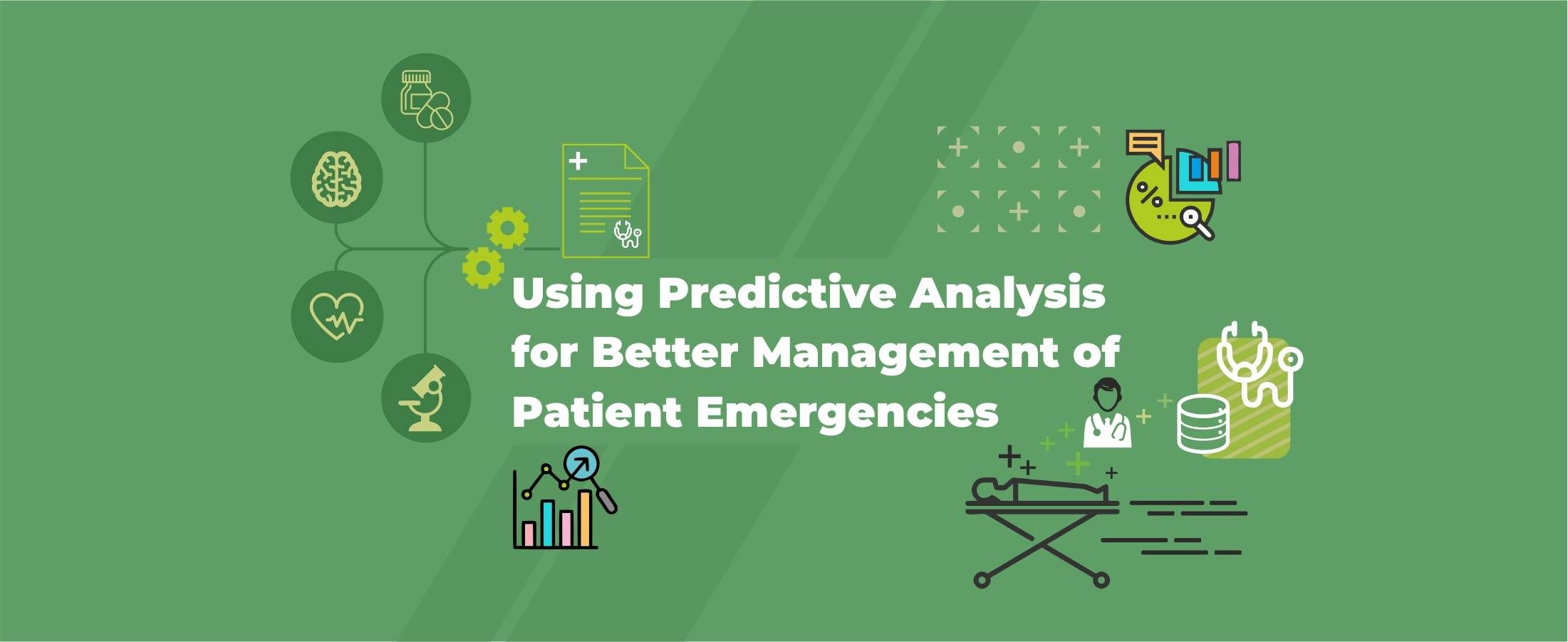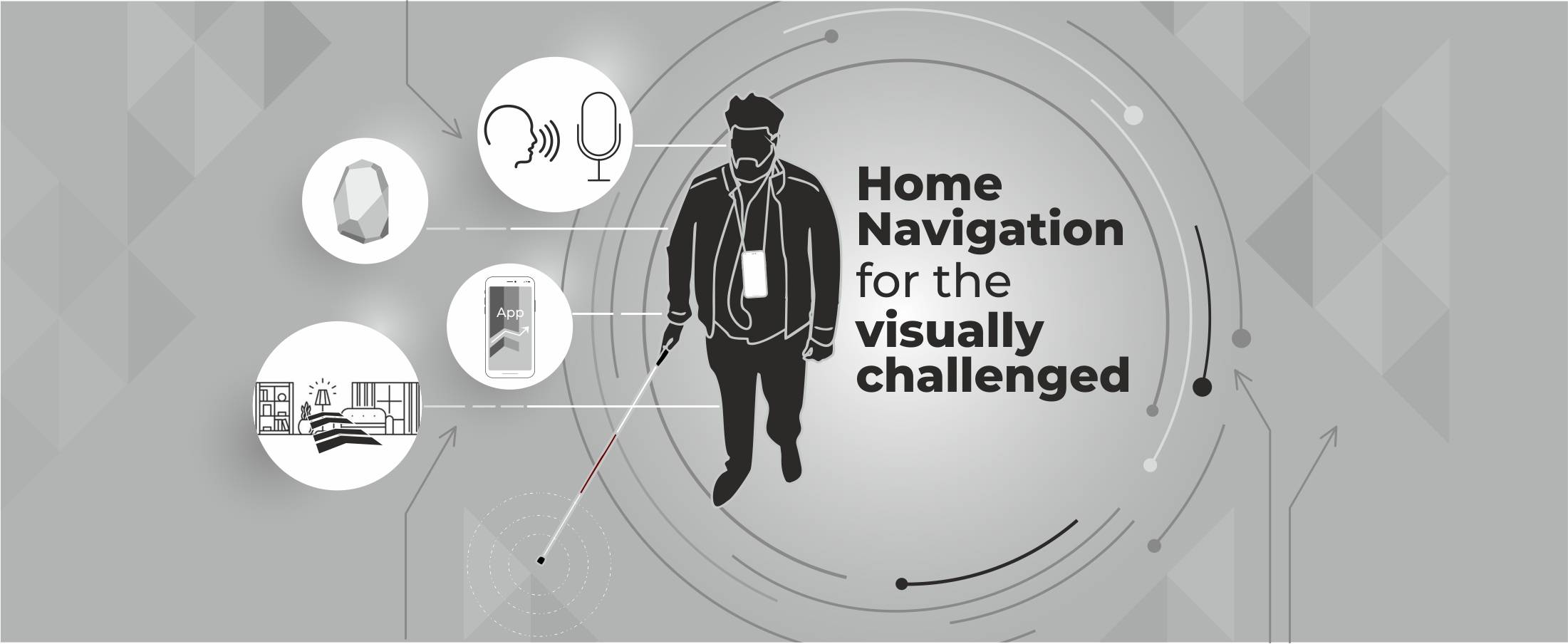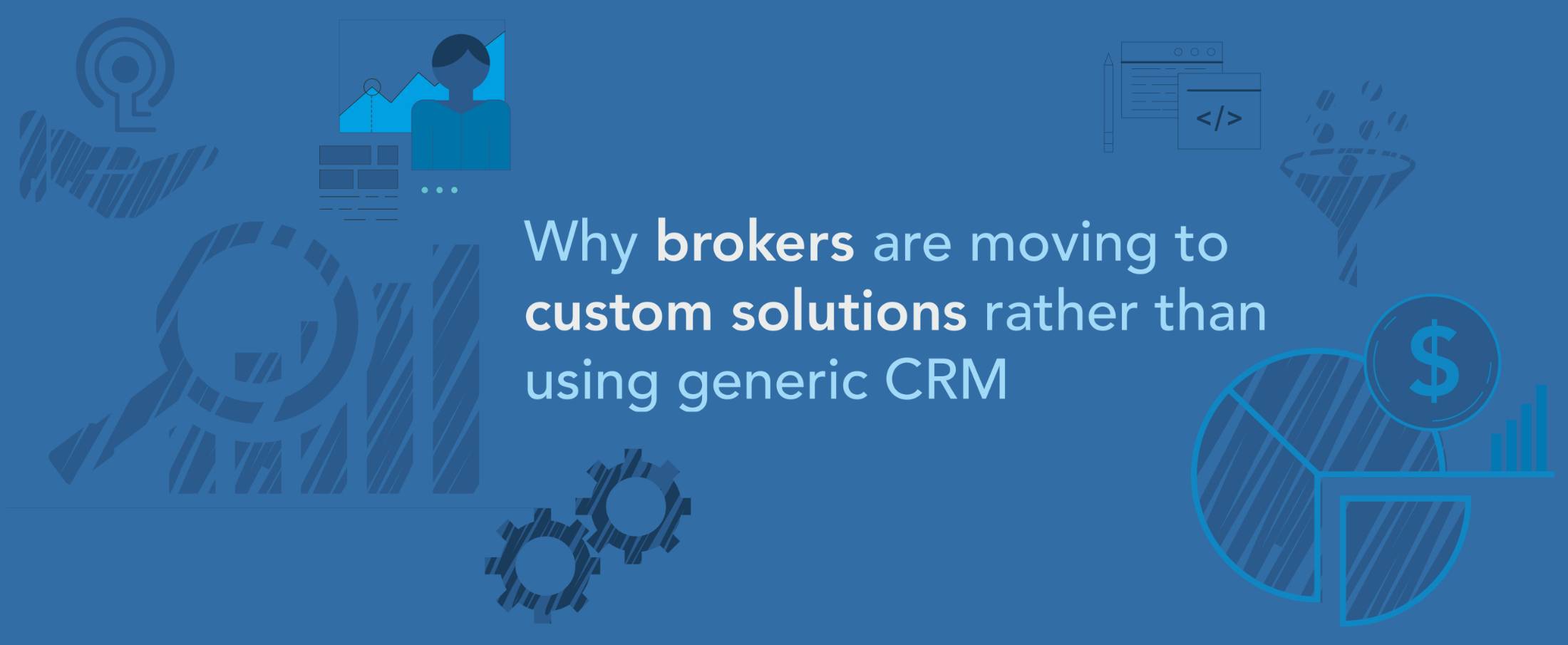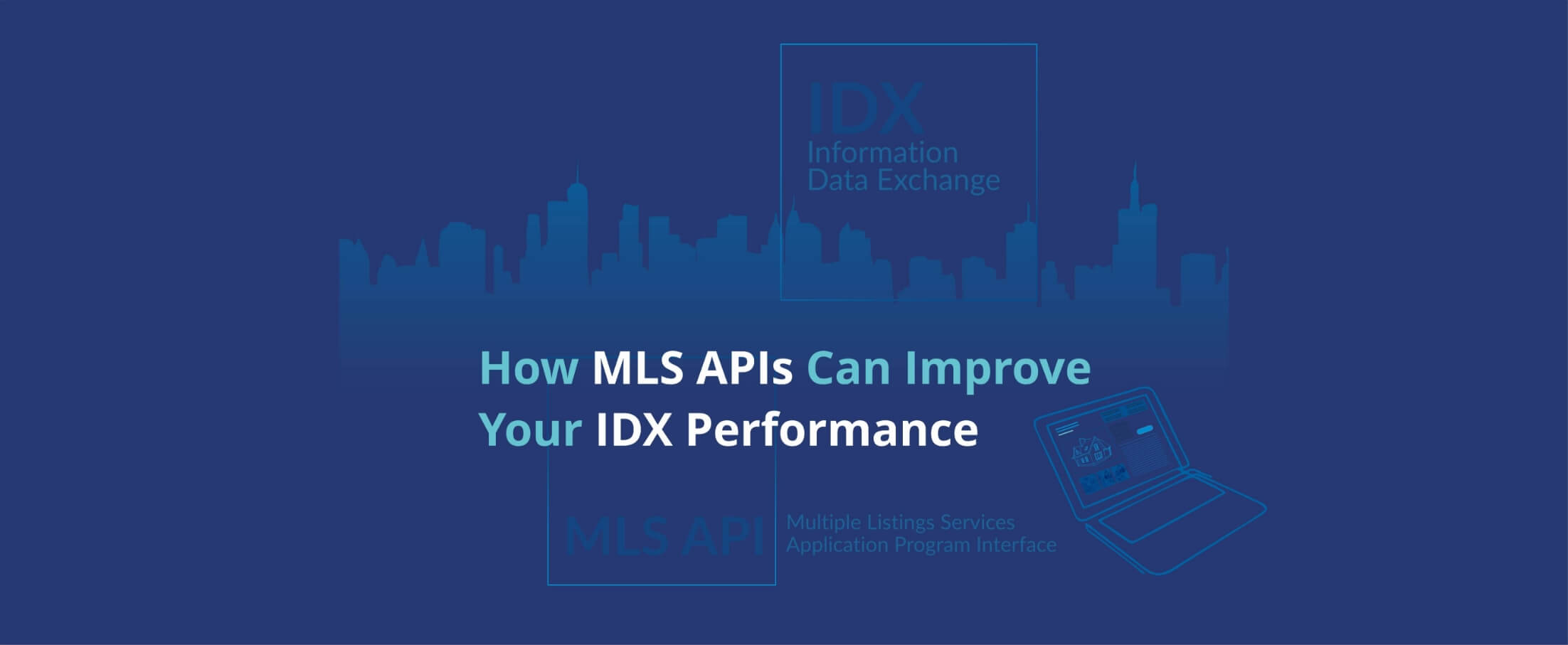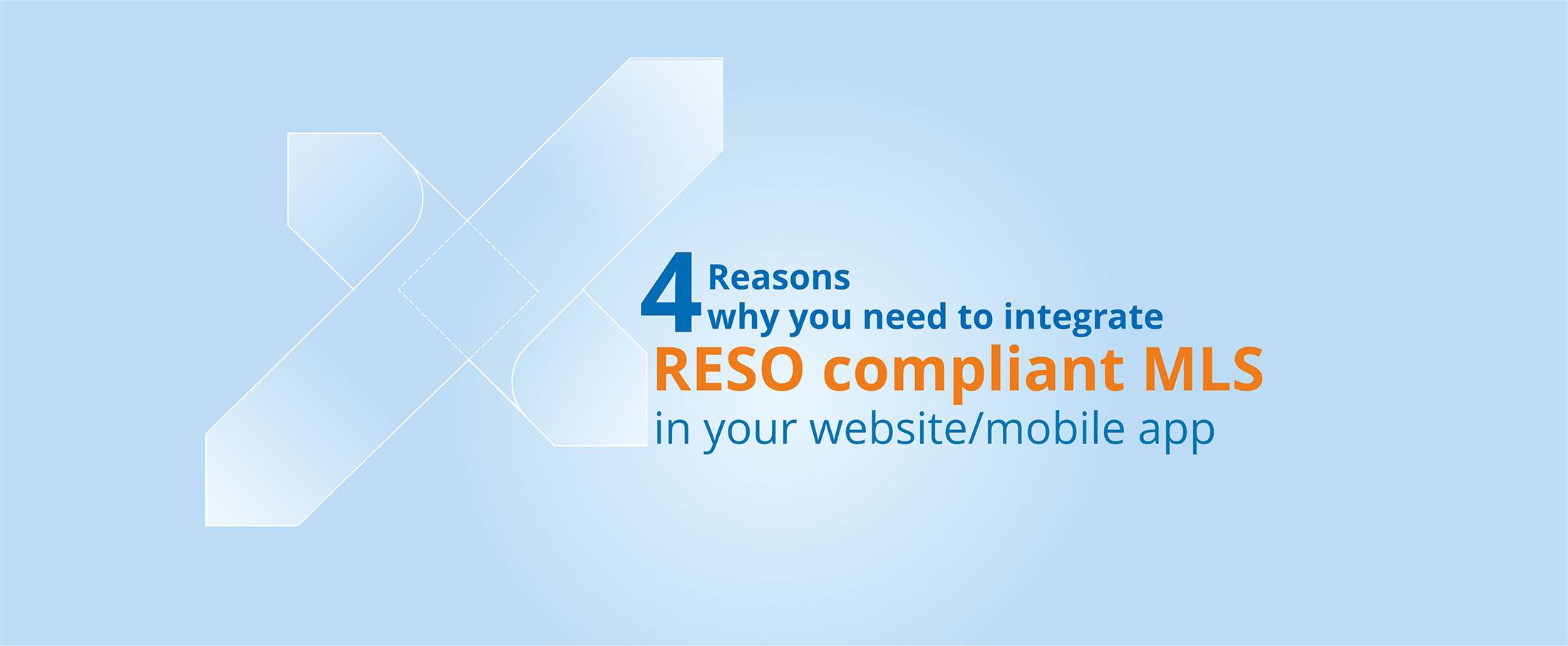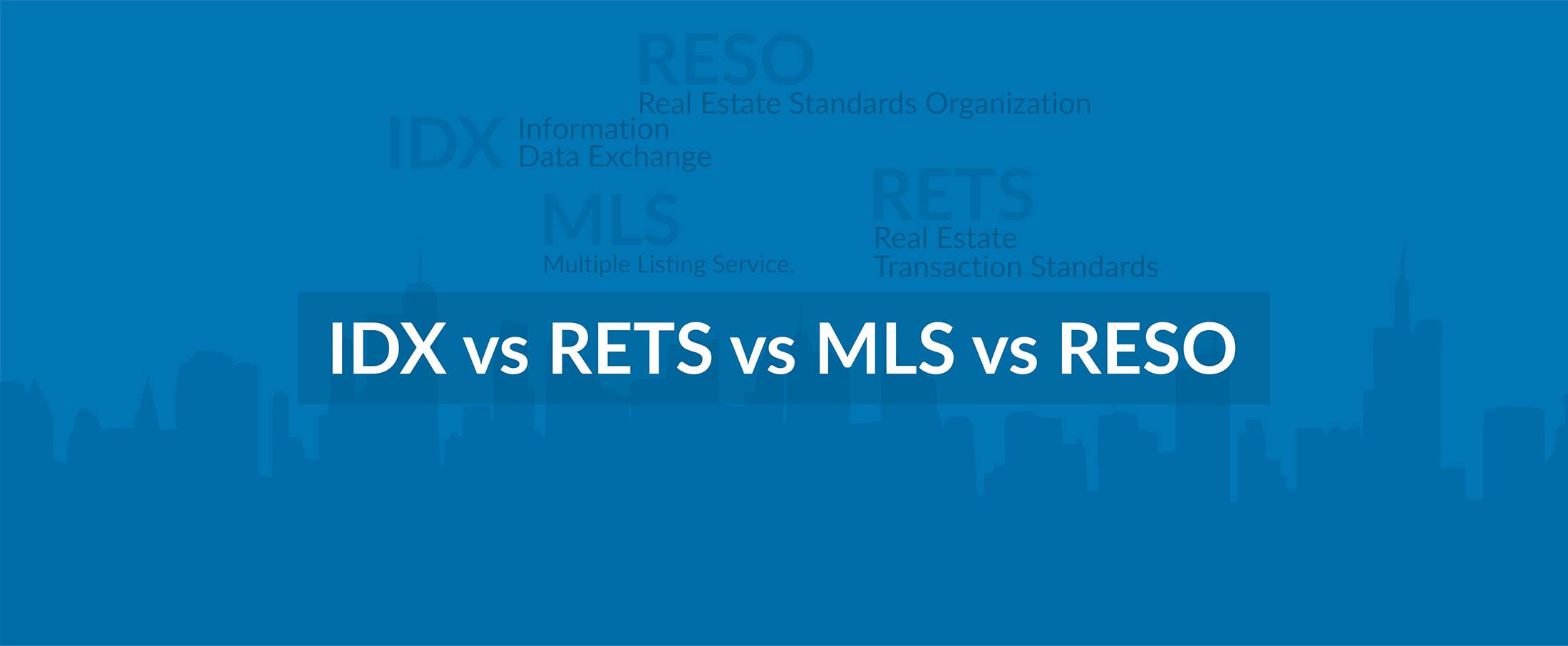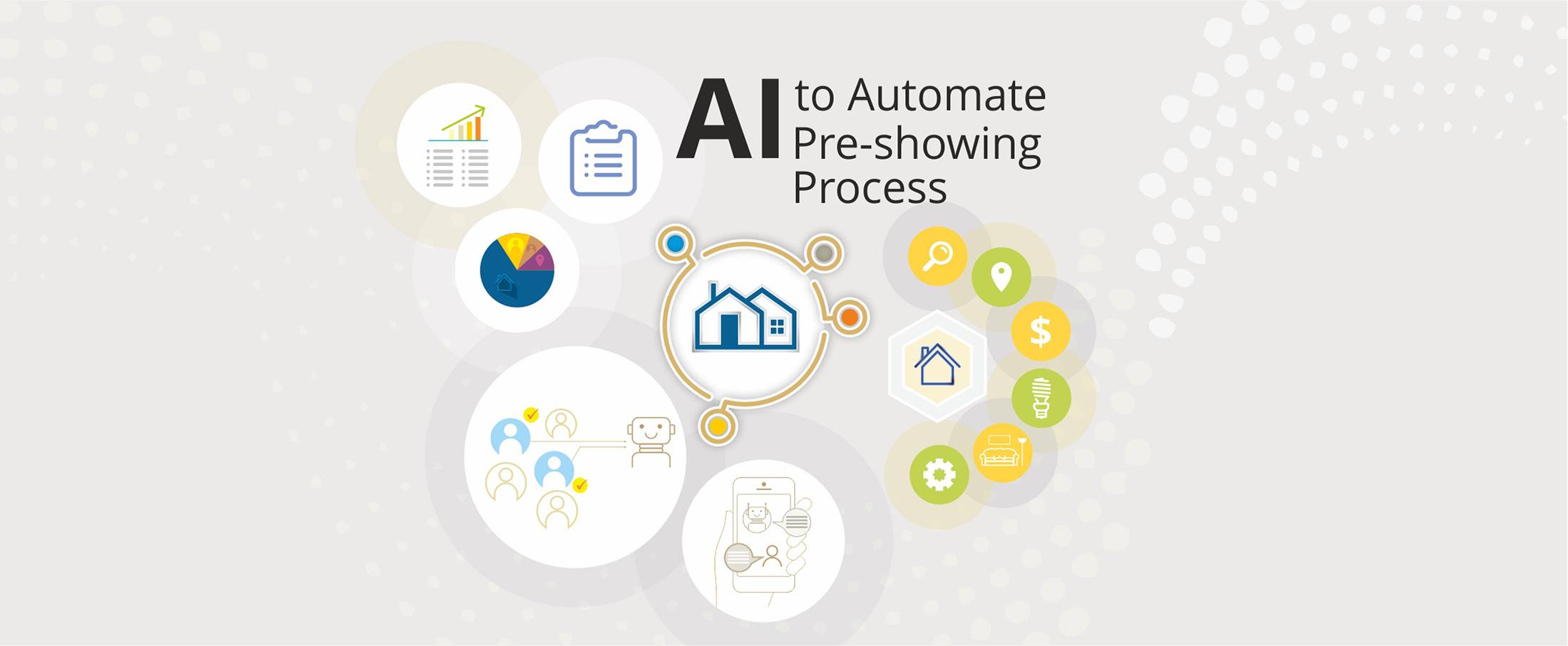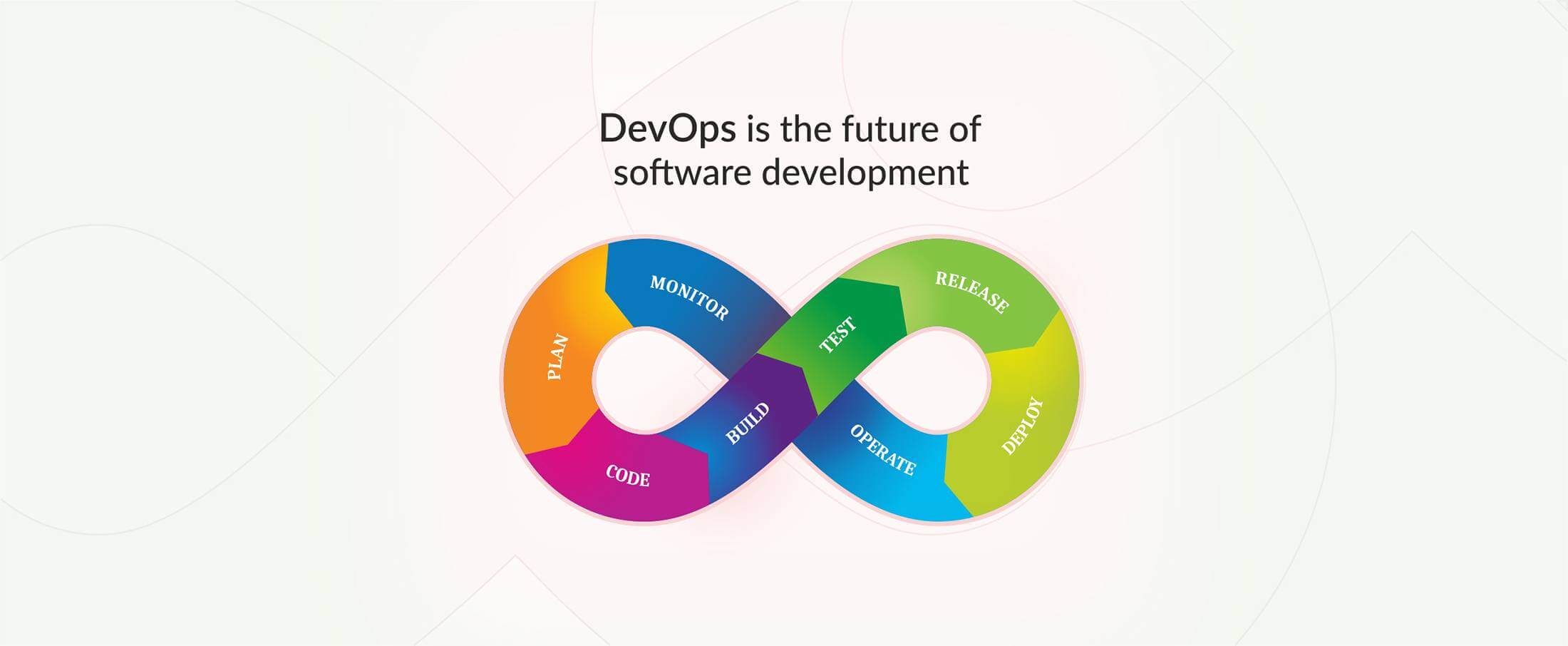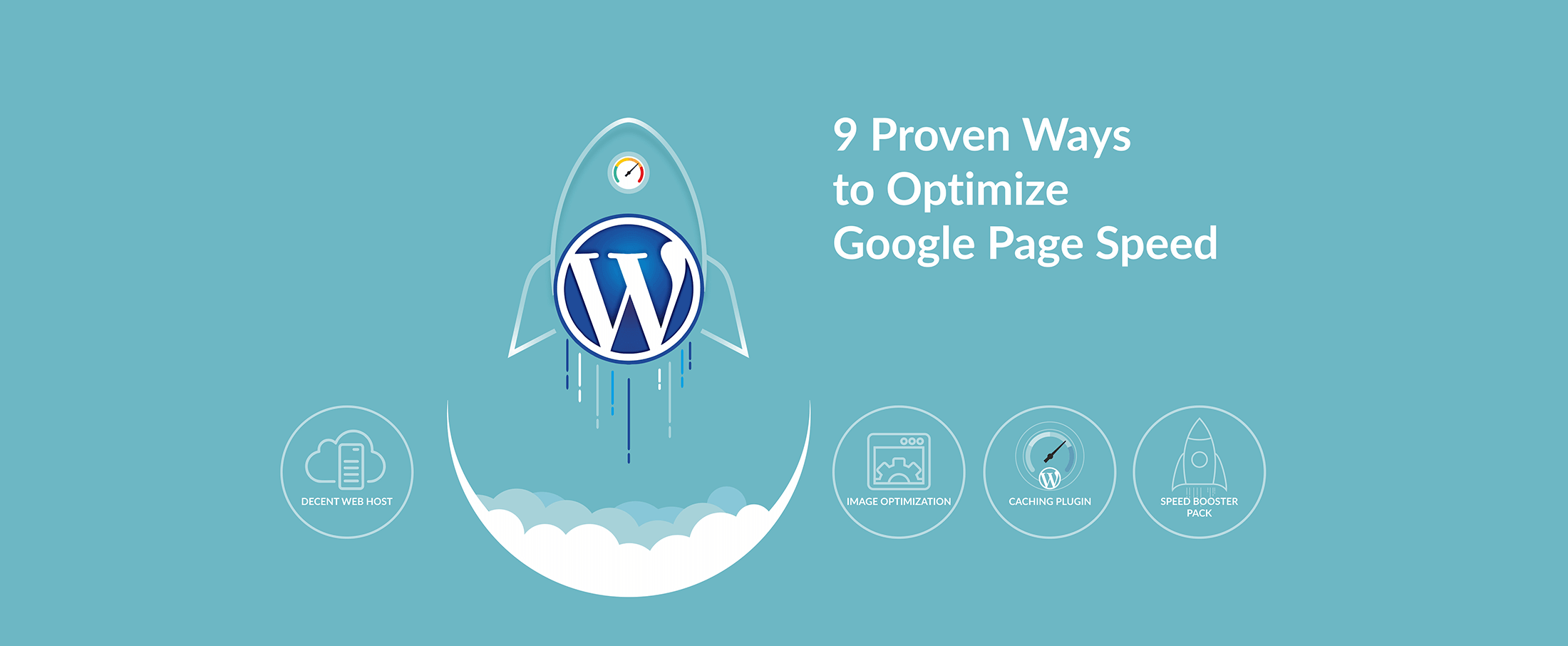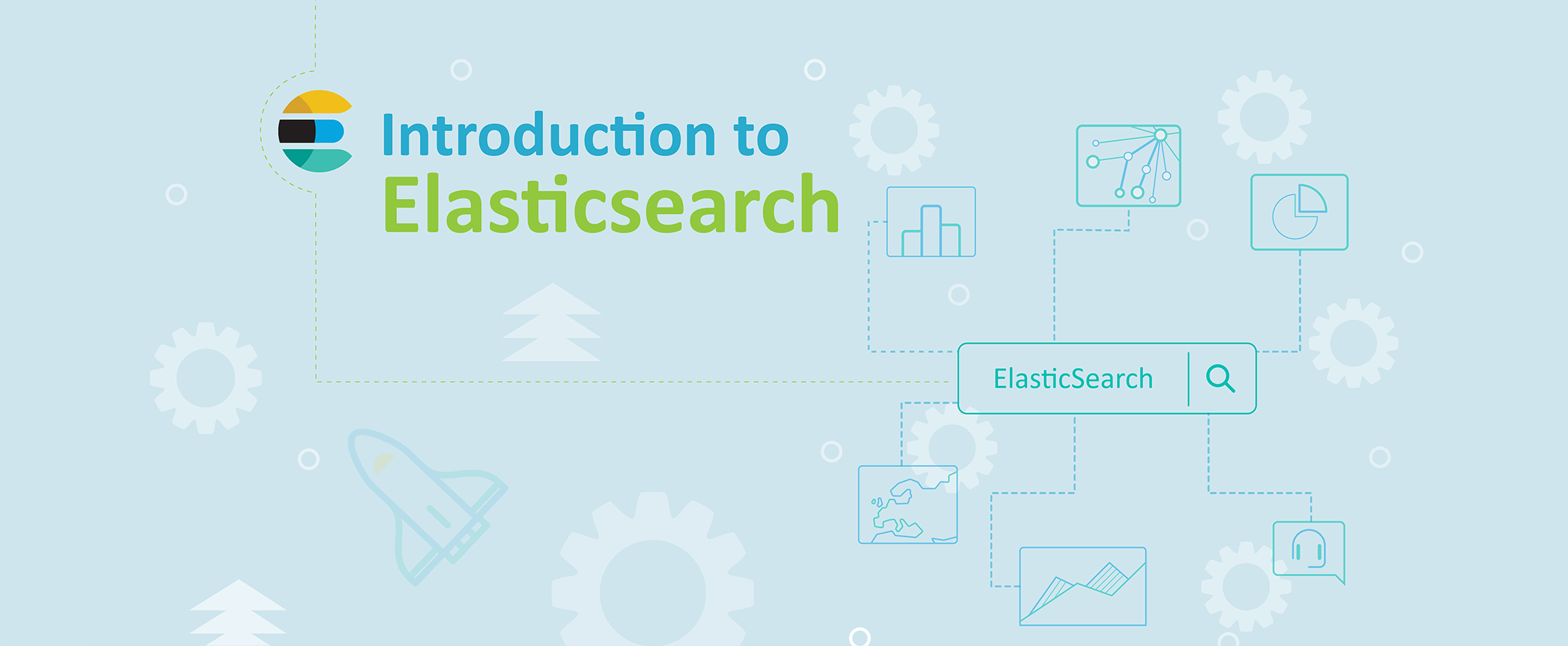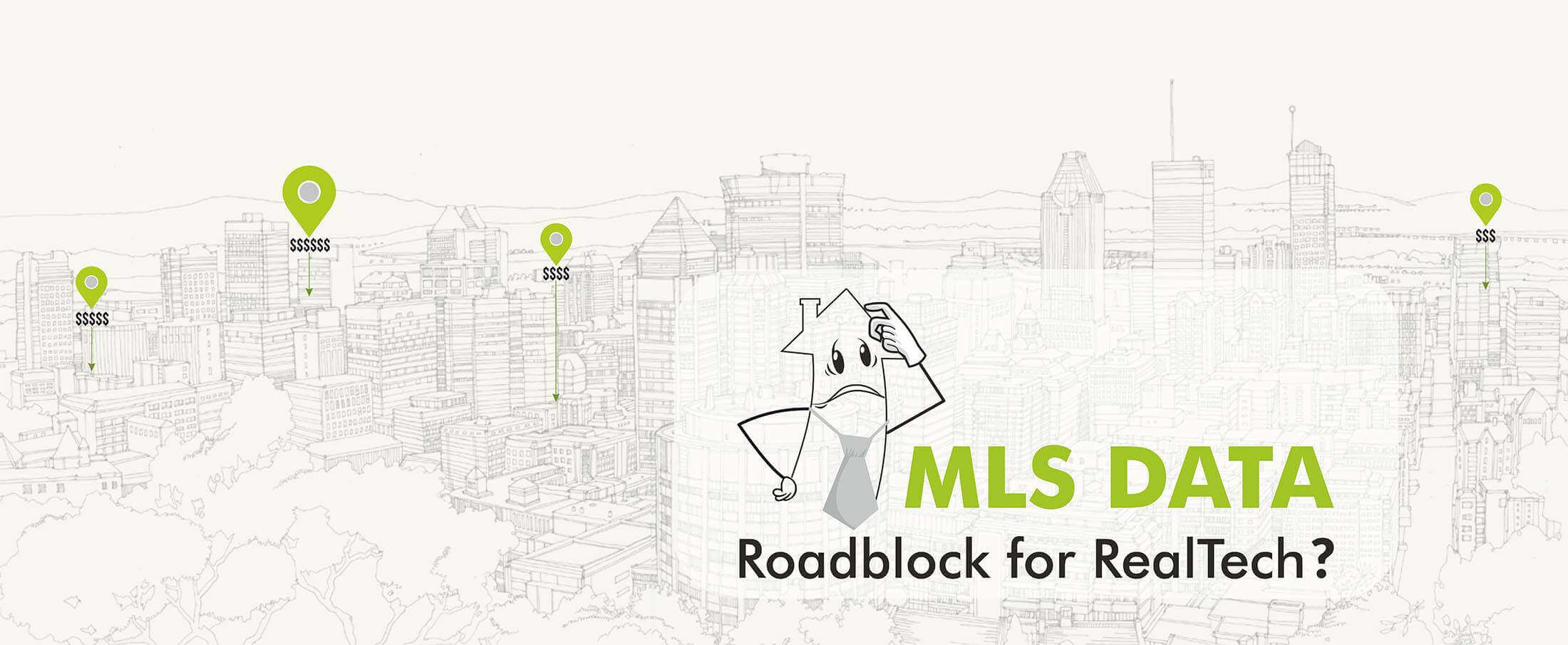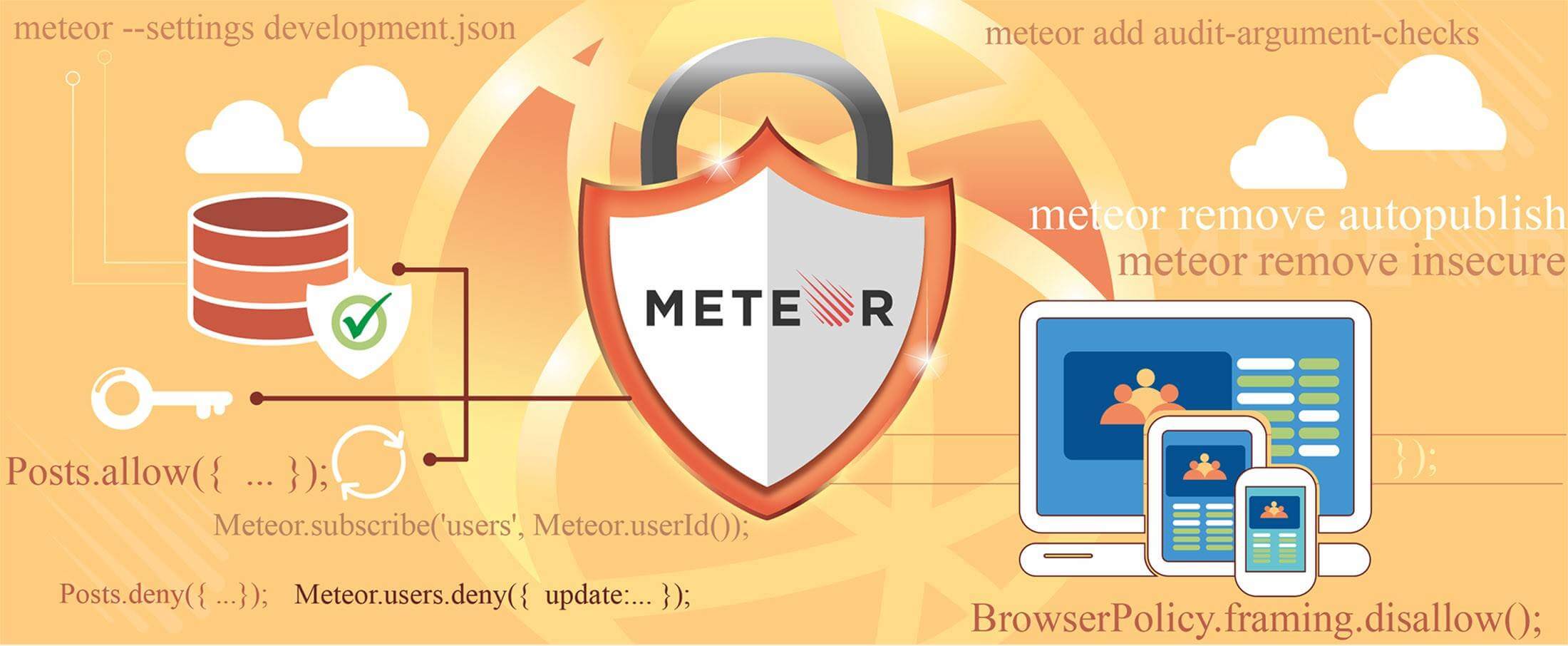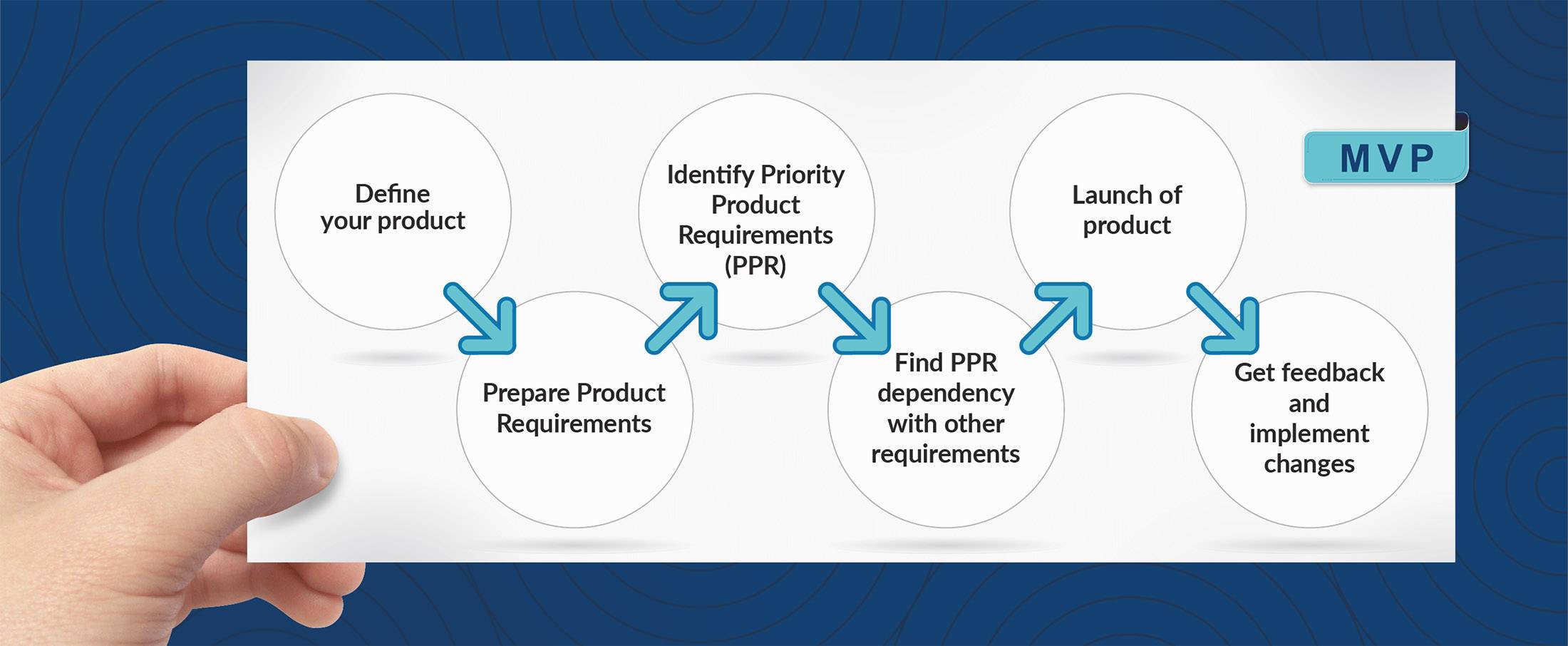Challenges in Aggregating MLS Data
Challenges in Aggregating MLS Data
Real estate sector in America has always been dependent on the sharing of information. In the early 20th century, realtors used to gather at their local organizations to share information regarding new properties available for sale as well as regarding buyers looking for properties. These meetings are the first known instances of “MLS.” Then gradually, this trend evolved into print listings, agreements, phone calls, and finally, the advent of the internet has made the entire process much easier and efficient. Now, there are several MLS groups where realtors from all over the country share the information regarding new home listings.
What is MLS?
MLS or multiple listing service is a marketing database that has been created by several co-operating realtors. The major purpose behind creating an MLS is to offer accurate and up-to-date data regarding various properties for sale in an area. Another purpose that an MLS serves is to enable listing brokers to make payments to buying brokers in lieu of assistance is selling the listed properties.
The term MLS represents networks all over the country, and they undergo several changes periodically as per the requirements of the market. MLS is extremely efficient in allowing other brokers to know about the listed properties available and then bring interested buyers.
The efficiency of every MLS is highly dependent on the quality and accuracy of the listing data. That is why the listing broker is required to provide the details of any new property within 24-48 hours of signing the listing agreement. As a result, the feeds from local MLS IDX (Internet Data Exchange) are considered more accurate and up to date.
Challenges in Aggregating MLS Data
Everything being said, there are several challenges being faced in the aggregation of the latest MLS data. These challenges have serious implications and need to be addressed in quick time by the concerned entities. Here are the major challenges in aggregating MLS Data: –
1. Multiple MLS Systems
Currently, there are over 900 small and medium MLSs in the US operating on their data structure without any standardisation. The process of integrating listings from multiple MLSs becomes time-consuming and complicated. For example, the MLS number is the most common piece of data provided by all MLS organizations. As the technology vendors and brokers receive “feeds” from MLS systems and those feeds supply listing information to the technology products. Nearly 30 different ways were identified to name a single field in these feeds, which means any software company dealing with MLS has to write a code to account for each of those ways. This can take months, and every time a new MLS is added to a product, a new code has to be written.
2. No data standardization
Each MLS dictates their data standard, and there is no common data structure for the MLS. The lack of standardised data structure among these multiple MLSs results in duplicate listings. For example, an agent or a broker might add the same property to multiple MLSs to improve the chances of finding potential buyers. As there is no standardisation of the data for multiple MLSs, transferring listings from MLSs becomes complicated without proper data standardization.
This can be better understood with an example, imagine an agent from Cincinnati wants to create a property search website. Then the listings in the city, as well as nearby counties in Kentucky and Indiana, should be included. To do so, he/she requires access to three different MLSs, and as each MLS has its own data system, it could take weeks for the agent to clean and reformat the data. To avoid this scenario, RESO has introduced the idea of standardization.
3. Old technology vs new technology
Websites like Trulia, Zillow and Realtor.com are aggregating nationwide MLS data onto their platforms. Considering all the data and its differences, aggregating MLS data onto one common platform, like a property listings website, is both times consuming and prone to errors. MLSs worked better in the past and failed to reach the mark in recent times. Much more integrated approach is needed to keep up with the world moving beyond geographical boundaries. For people moving towns, cities, states and even countries in search of better opportunities, buying/ renting a house is a priority. The internet is their first source to look for properties, and that’s where the current MLS system fails to enhance their experience.
As an API (application programming interface), new RESO standard gathers data directly from the MLS. This means, when a client runs a property search on any website, it searches the MLS database directly instead of searching the database on the servers. This reduces the need for large amounts of local hosting. RESO WEB API also reduces any security threats, as there is no need for duplicate databases.
4. No centralized agreement/contract process
Many problems arise in the compliance of the MLS as each MLS needs a separate agreement, and the contracts differ. The agreements and contracts are different for each MLS because of the different rules. Some MLS allow their realtors to have IDX or VOW extensions while others may charge a separate fee for the same. The regulations and contracts that every MLS signs with the realtor will differ from each other up to some extent. With RESO’s push for standardization of data structure for all the MLS, the regulations and agreements for all the MLS will be standardised resulting in smooth function and operating for the realtors, agents and brokers. They need not worry about the various contracts and agreements for different MLS.
5. Properties uploaded in MLS are visible to MLS members only
One of the biggest challenges is to access the data in the MLS while integrating all of the data onto one single platform. If anyone tries to integrate all the MLS data into a single platform, like a property search website, then they need access to multiple MLS to view the properties listed therein. This can be very tedious as an individual can view the properties listed in the MLS, only if they are a member. As the rules and regulations for various state and even regional MLS differ from each other, users find it very difficult to access this information. Through standardised data structure norms of the various MLS into one by RESO, this can be simplified. The other benefits that RESO Web APIs offer are that the new standard is based on a global technology protocol called OData. This provides develops with a wide range of tools when developing products with RESO Web API.
Parting Thoughts
Multiple issues plaguing the MLS systems pose a serious challenge and need to be addressed immediately. Thankfully, these challenges are gradually being addressed by RESO using their RESO Web APIs, and it is expected that these issues will cease to exist in the coming time.
Mobifilia has developed an MLS Aggregator Engine. This engine is leveraged by HomeAdvantage (responsive web app) and 10MinRealty (iOS, Android mobile apps).
Read More Information about the MLS Aggregator Engine here.
- Data Standards
- IDX
- MLS Aggregation
- Real Estate Tech
Mobifilia
9 October 2019











